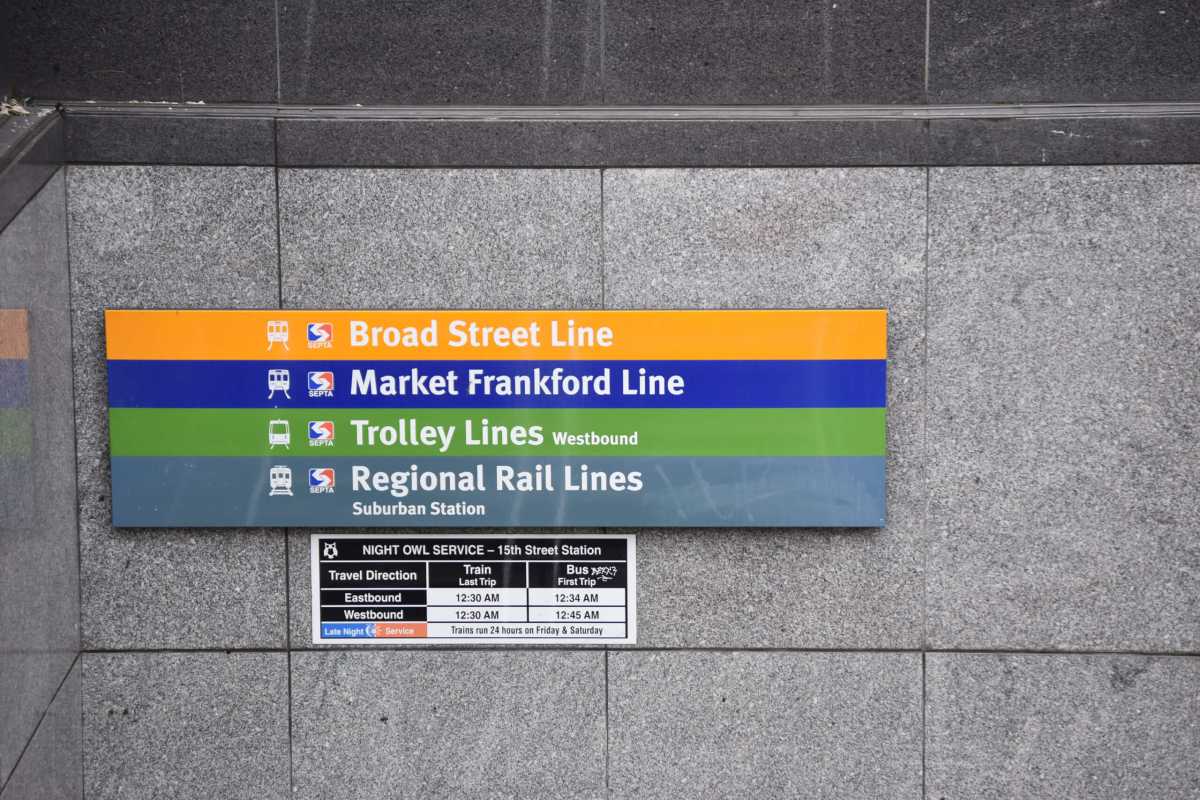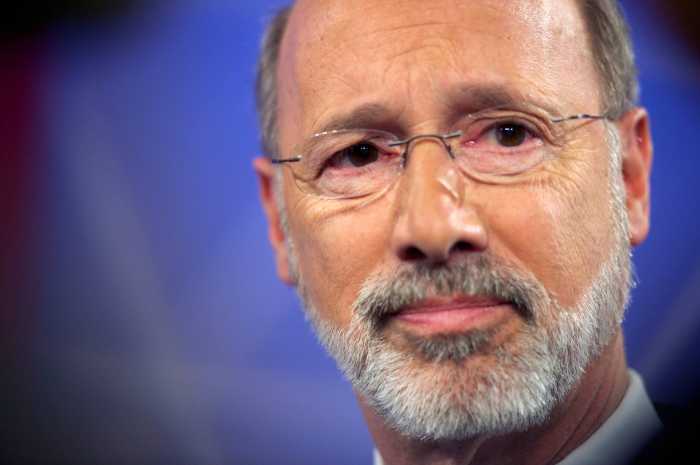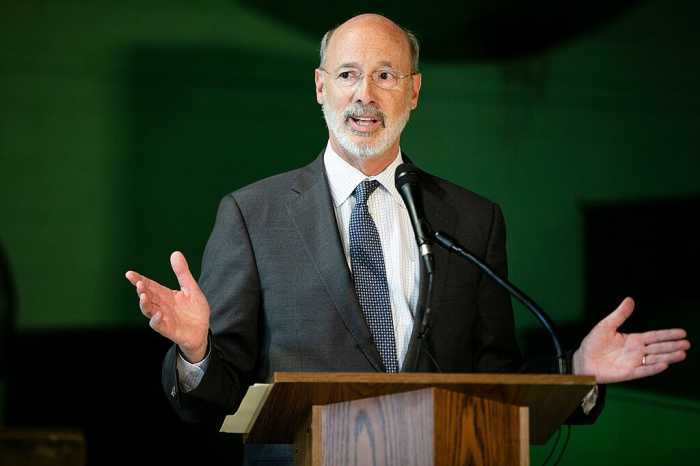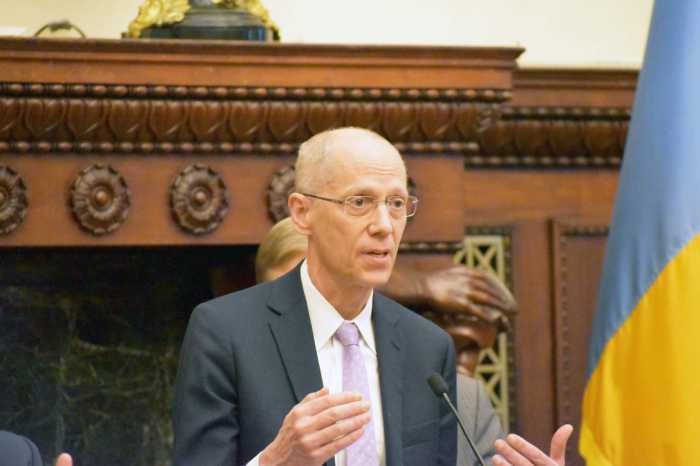Next week, a degree of normalcy will return to Philadelphia.
SEPTA plans to return to a mostly normal schedule for buses, trolleys and subways beginning the week of Sunday, May 17.
Nearly all bus and trolley routes will start running again after SEPTA dramatically cut its operations to a “Lifeline Service Schedule” on April 9. Regular weekday and weekend schedules will be in effect.
Riders will again use the front doors, allowing for payment and for drivers to track how many passengers are on board.
Service will pick up on the Market-Frankford and Broad Street lines, too, the transit agency said, though some stations will remain closed. Regional Rail trains will continue to run on a reduced schedule.
“This return-to-service plan is focused on enhancing measures we have put in place to reduce crowding and promote social distancing,” SEPTA General Manager Leslie Richards said in a statement.
The move was also made in preparation for the region’s reopening, the transit agency said in a news release.
Richards still urged people to use public transportation only if they are an essential employee or need to access an essential service.
On buses and trolleys, seats will be marked off for social distancing and riders will be asked to stand behind a yellow line to give room for drivers. Passenger limits — 20 for buses and 25 for trolleys — will continue to be enforced.
All stations will be open on the MFL except Church, Tioga, Somerset, York-Dauphin, 2nd Street, 5th Street, 13th Street, 52nd Street, 63rd Street and Millbourne.
Logan, Wyoming, Susquehanna-Dauphin, Fairmount, Spring Garden, Lombard-South and Tasker-Morris stations will remain closed on the BSL.
SEPTA said the closures allow cleaning staff to focus on sanitizing open stations.
The transit agency has been hit hard by the COVID-19 virus. A total of 255 SEPTA employees have tested positive, and five have died from complications due to the coronavirus.
For a complete list of schedule changes, visit www.septa.org/covid-19.
Philadelphia reported 330 new coronavirus cases on Sunday, raising the number of confirmed cases to 18,211. The city’s virus-related death toll grew by three, to 894. Statewide, there have been 56,611 cases and 3,707 fatalities.
Officials said 1,562 people are hospitalized with COVID-19 in southeastern Pennsylvania, including 827 in Philadelphia.
City residents struggling to pay their bills during the pandemic can apply for a pair of programs this week.
Families who make 150 percent of the federal poverty level, about $2,700 a month for a family of three, or less can apply for a one-time state grant of $400 to $1,200.
In order to qualify for the program, a person in the family must have been employed March 11 and either lost their job or had their hours cut by at least half. In addition, recipients cannot have more than $1,000 in a checking or savings account.
“This state program is limited—both in size and duration—but I am certain that every bit of assistance can make a huge difference,” Mayor Jim Kenney said in a statement.
To apply, go to www.compass.state.pa.us or call 1-833-373-5868 before the June 12 deadline.
People who have lost income due to the virus can also apply to the city’s COVID-19 rental assistance program, which was announced Friday.
Renters who have a valid lease for an apartment or house in Philadelphia and who make 50 percent or less of the area’s median income are eligible to have their rent paid for at least three months, starting with May.
Officials hope the program can keep at least 3,000 people from being evicted.
Applications open on Tuesday at 10 a.m. and the deadline is 5 p.m. on Saturday. Go to www.phlrentassist.org or call 311 for more information.



























